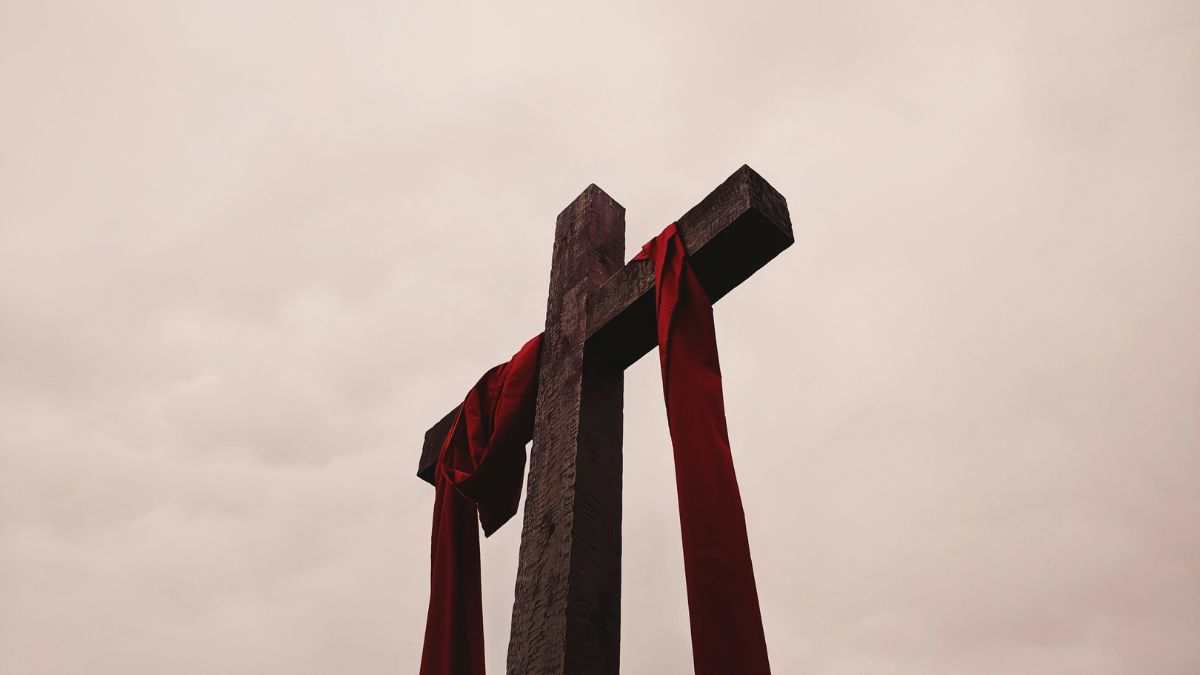

BreakPoint
Prodigal Dads
Charles Ballard faces a group of young, inner-city men. "How many of you have children?" he asks. All the men grin and raise their hands. "Let me rephrase that," Ballard says. "How many of you are fathers?" The grins fade away to stony frowns. Charles Ballard is founder of the National Institute for Responsible Fatherhood. How do you teach a boy to be a father—a boy who perhaps never even knew his own father's name? In a recent article in Policy Review, Ballard explains his ministry. The first step is teaching a sense of the future. "We think about living in poverty as living in deprivation, and it is," Ballard says. "But what people may not see is that . . . poverty offers young men one thing in abundance: absolute freedom." They can stay out all night, get up whenever they want, even disappear for days. In their world, planning is measured in hours, or even minutes. How can these young men be taught to plan over a five-or ten-year period? The key, Ballard discovered, is their children. Your daughter is two years old now, he might tell a young man. Where do you want to be when she's 12? When her teacher asks the class about their families, what do you want your daughter to say? No father can bear the thought of his daughter saying, "My dad's in prison." Or "I don't know where he is." Even the aimless, impoverished young men in Ballard's program know that, at the heart of their being, they want their daughters to be able to say, "My dad's responsible; he takes care of me." The way to teach men to be responsible, Ballard discovered, is by refusing to spoonfeed them. His ministry encourages fathers to claim paternity for their children, finish school, and get a job. But the organization never does anything a young man can do for himself. "We don't bundle them into a bus to take them down to the county courthouse to find the clerk in charge of birth certificates," Ballard says. "We don't take them to the Board of Education for copies of their school transcripts. We don't even hand them a slip of paper with phone numbers. Instead, we talk them through the necessary steps, and they take those steps—on their own." This is "tough love," and it works. According to one study, eight years after going through the program at the Institute for Responsible Fathers, 70 percent of the men had finished high school, 75 percent had no additional children out of wedlock, and 97 percent were providing financial support for their children. The heart of Ballard's ministry is introducing young men to their heavenly Father—to the One who loves them as a father loves his children. It is God who put fathers at the head of families. And Ballard's ministry shows that in poor, inner-city neighborhoods, what children really need is not food stamps and subsidized housing; they need their fathers back. God's strategy is still the best—for family renewal and for urban renewal.
06/16/95















